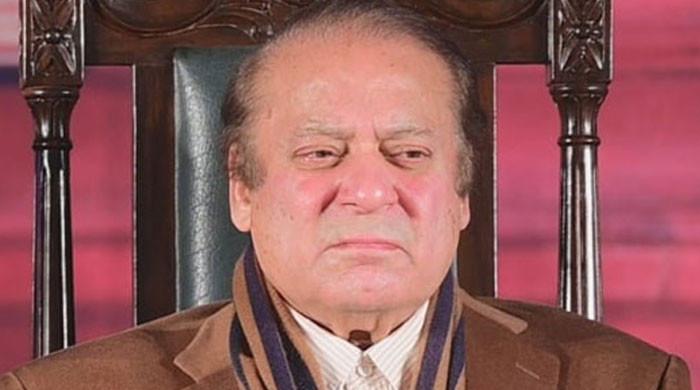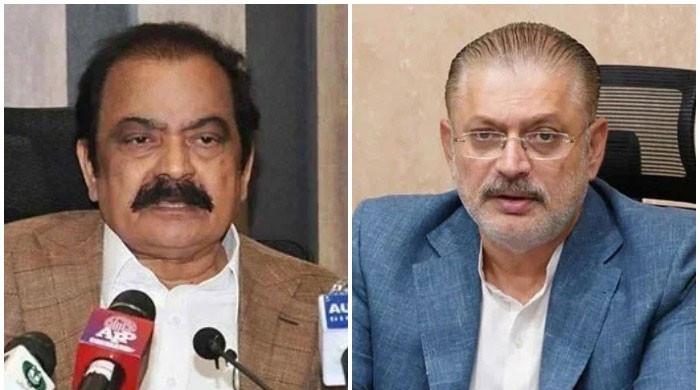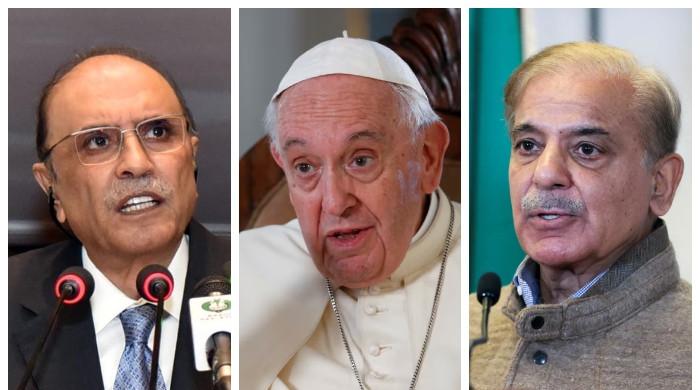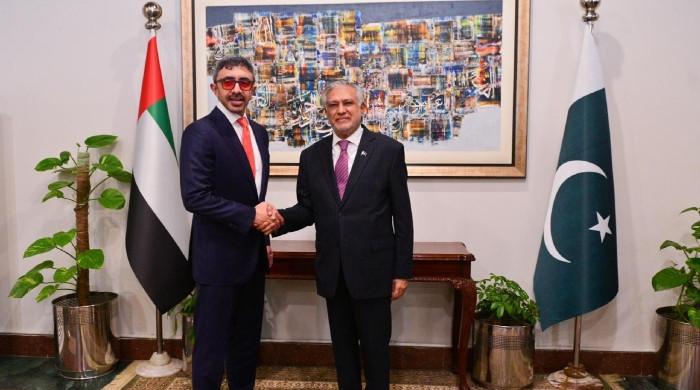History tells us new ideas emerge after disasters, crises: FM Qureshi
'One thing that I think this pandemic will do in my view is that it will surely accelerate the pace of digitalisation,' he said
April 17, 2020
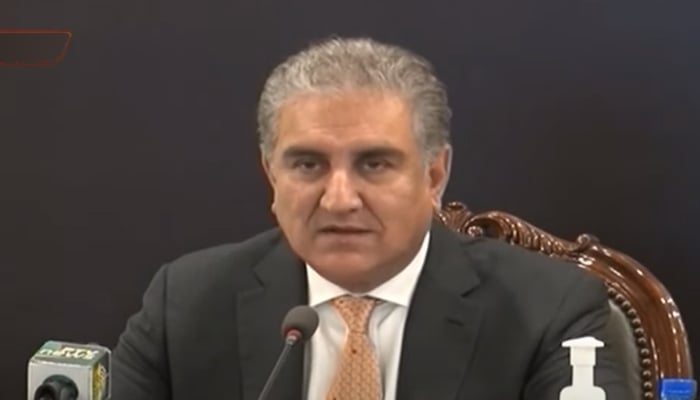
ISLAMABAD: Foreign Minister Shah Mehmood Qureshi said Friday history tells how new ideas emerged after various disasters and crises, referring to the coronavirus pandemic and how is was bringing change.
"History is witness to [how] whenever there's a disaster or crisis, it brings changes, births innovation, and becomes a medium of change, and new ideas emerge ... History tells us that," Qureshi said.
Noting that the nation was now equipped with tools "which weren't available to us before", he said everyone needed to benefit from it.
"I was illiterate as far as digital media technology and social media [were concerned]. I was not aware of the power and importance of social media right up to 2014.
"When I slowly got the exposure, I realised its importance, and in light of that, I started to mentally prepare myself and transitioned [to deal with this technology].
"I'm a different generation, my son is more savvy than I am on these things," he added, with a laugh.
The foreign minister underlined that COVID-19, the disease caused by the novel coronavirus, was changing the style of governance and would continue to do so. This global pandemic would surely leave its effects, he added, and a lot of things would change.
"One thing that I think this pandemic will do in my view is that it will surely accelerate the pace of digitalisation. Our reluctance will dissipate as we are forced to practice social distancing," he added.
Referring to the press conference, he mentioned how the attendance was "thinned out" owing to the Foreign Office employees and other people working from home.
Qureshi said he could never imagine how the Cabinet and National Coordination Committee (NCC) meetings would be held digitally and the top brass "would be digitally connected to the provinces and chief ministers and we would be talking the way we are talking today".
He underscored that given how things have and will continue to change, the Foreign Office aimed to become "paperless, improve communication skills, and digitalise".
"My view after COVID-19 is that there would be visible change not only in ethics but work culture and we can all use this modern technology in our personal and professional lives.
"When COVID-19 started and there was a pressure from the stranded Pakistanis, we were forced to think about how to respond effectively. [...] We set up a crisis management centre that works 24/7, [and] gives and takes information.
The Foreign Office's senior staff were "conducting numerous meetings with different ministries just to bring the stranded Pakistanis back, which is a huge challenge".
Qureshi said the number of stranded Pakistanis was "somewhere near 40,000 and the numbers will keep growing as time passes by". That, he explained, was why there was innovation considering how the requirements had changed after the coronavirus pandemic.
"Modern technology enabled us to do so," he said.







